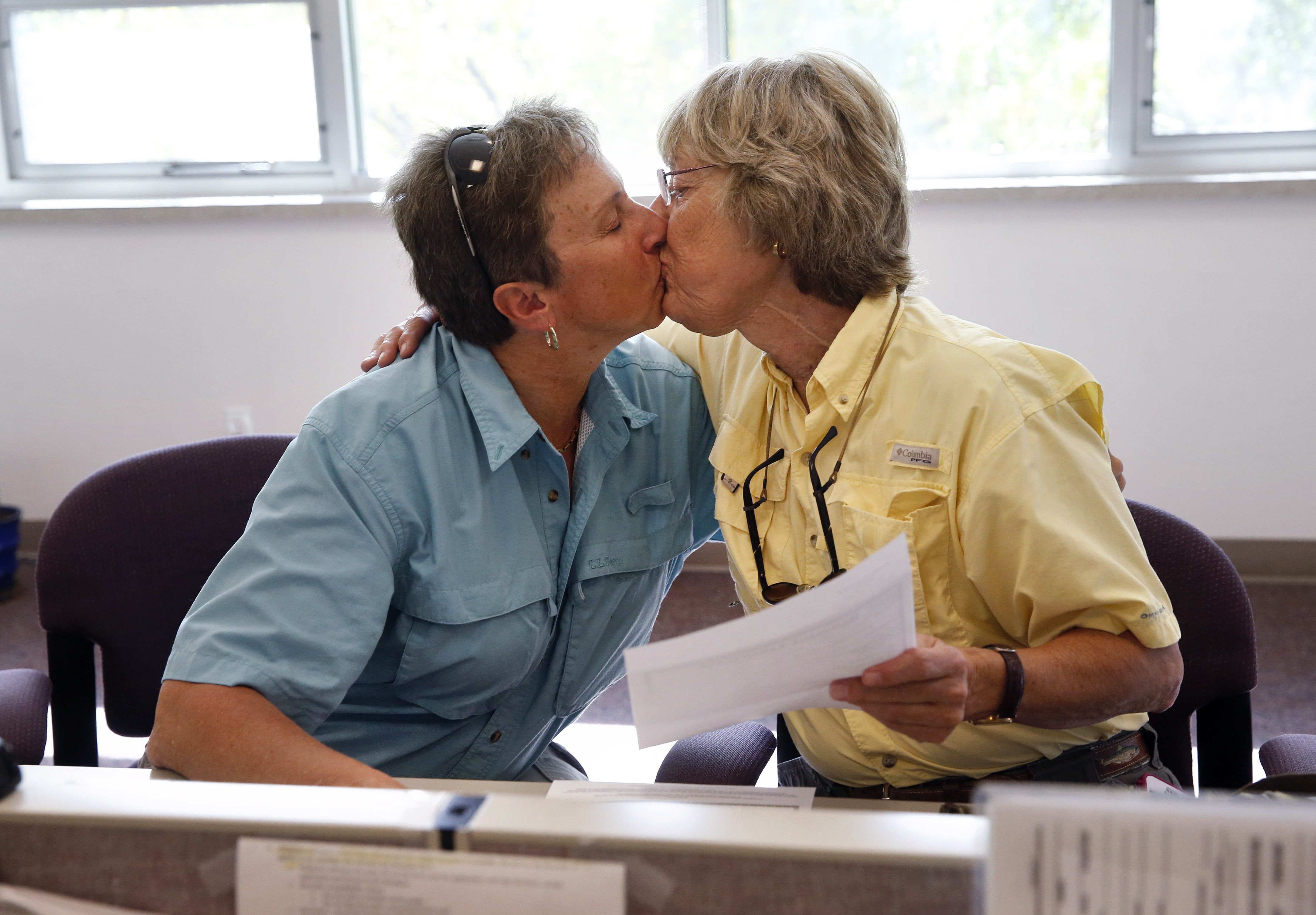Summary
Colorado voters passed Amendment J, removing language from the state constitution that defined marriage exclusively as a union between one man and one woman.
This 2006 provision, previously enshrined by Amendment 43, conflicted with the 2015 U.S. Supreme Court ruling legalizing same-sex marriage nationwide.
Supporters, including LGBTQ+ advocacy group One Colorado, argue that Amendment J safeguards same-sex marriage in the state if federal protections are ever overturned.
Opponents, like Focus on the Family and the Colorado Catholic Conference, uphold traditional marriage definitions, asserting that marriage should reflect biological complementarity and support children’s well-being through both maternal and paternal roles.



Selective enforcement is not something we should aim for.
Why not, in this reality we live in? Not in the ideal make-believe reality, in the current reality. Why shouldn’t we aim for it, especially when it comes to this, knowing that all three branches of the federal government are going to go a particular way? Even if it sets a bad precedence, screw it. Save lives now, rather than chase an ideal.
Because it’s already being used to oppress minorities.
So what you’re saying is, if there new federal government says to round up the Hispanics, Muslims, gays and trans people and put them in camps, States should comply, because there shouldn’t be exceptions?